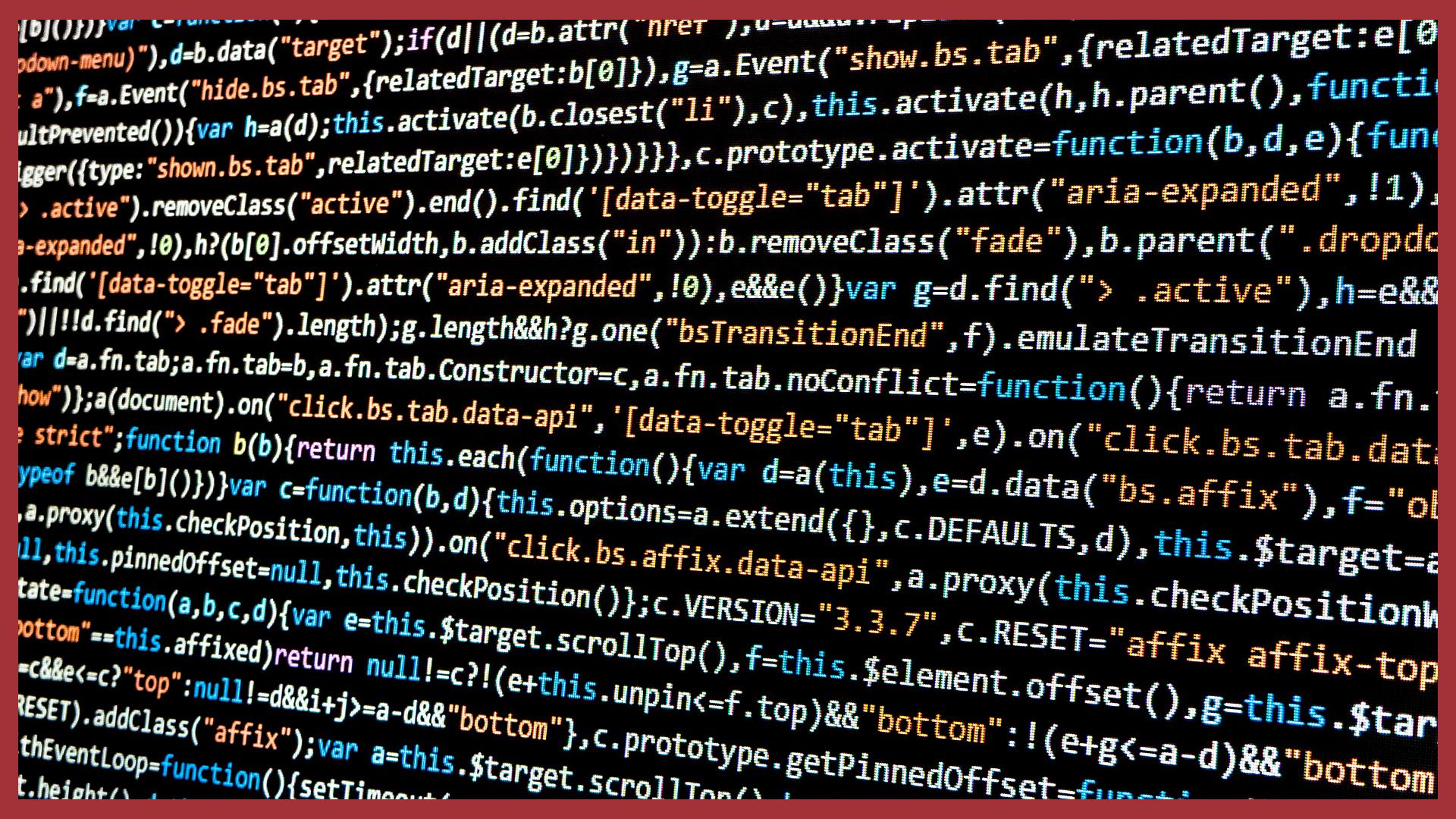‘Whether you want to uncover the secrets of the universe, or you just want to pursue a career in the 21st century, basic computer programming is an essential skill to learn.’ - Stephen Hawking
For National Coding Week, we wanted to talk about the reasons why you should learn how to code. In a previous post, we talked about why Women Should Learn How To Code – but today we wanted to expand on the reasons why everyone should learn.
Over the past few years, ‘learning to code' has been vehemently and frequently encouraged to the youth by highly influential figures, from the likes of Bill Gates to Barack Obama. Steve Jobs infamously stated ‘I think everyone should learn how to program a computer, because it teaches you how to think’
In 2018, The Guardian wrote that coding is one of the few skills left that looks ‘futureproof’. Whether you know it or not - coding is weaved into the very fabric of modern-day life, allowing us to enjoy the fruits of consumer-culture, from smartphones to coffee machines. To put it simply, any smart device you use requires a prewritten code that dictates machines pattern of behaviour.
It’s not just business tycoons and leading politicians encouraging people towards coding, educational bodies are pushing for schools to integrate coding into early stages of learning at primary schools. BAE Systems, the Royal Navy, and the Royal Air Force have pledged to fund the free STEM (science, technology, engineering, and mathematics) initiative coding success, aimed at teaching both students and teachers.
So why should you learn how to code?
Teaches you to think critically
Each time you practice writing code, you practice solving nonlinear problems; ones with no sequential steps to follow but require creativity and the ability to combine information in a whole new way. Learning to code is a hotbed of trial and error, you will make mistakes, but that doesn’t equate to failure – it creates resilience. Frequently faced with ostensibly impossible problems carves new tracks in the brain, increases IQ, and promotes the importance of persistence, as Bill Gates said - ‘Learning to write programs stretches your mind, and helps you think better, creates a way of thinking about things that I think is helpful in all domains.’
Well paid
Having the technical ability to write code not only helps you think critically - but it also pays, very well. It was recorded in 2019 that top developers in the UK earn 145% more than the UK average salary, according to Information Age. There is currently a vastly growing number of businesses looking to hire developers, paralleled with a dire shortage of tech talent in the UK means more power to employees. High demand gives developers the leverage to bargain, and top developers in the UK earn 145% more than the UK average. If you’re considering delving into the world of code, the time is now.
Future proof
Code or get coded, so they say. The technical revolution is upon us and here to stay for the foreseeable. We will witness a fundamental change in each aspect of our lives, from the way we sleep, eat, interact with each other and the world around us. And sadly, it also means a mass decline in traditional working jobs and the perpetuation of precarious work in the gig economy. In 2016, the financial times reported that between the years 2000 and 2010, 85% of the jobs lost in the US were lost to new technologies. Fortunately for some, the demand for those technically skilled enough to guide digital behaviour is at an all-time high and is likely to rise astronomically. Bureau of Labour Statistics (BLS) predicts that software development employment will grow a whopping 22% between 2019 and 2029, more than four times the predicted growth rate across all occupations (4%). Learning the ropes of coding ensures a steadfast income and provides security in a seemingly unpredictable world.
Personal Freedom
As well as stability, money, and personal growth, learning to code can also provide personal freedom. By that, we mean being able to work flexible hours, the opportunity to work freelance and therefore being able to manage your own schedule, a wide scope of job prospects to choose from, and the personal sovereignty to turn down or leave jobs that no longer serve you.
If you’re thinking of learning how to code, but don’t want to commit to a 3-year degree – there are plenty of online courses and boot camps you can take. We have listed a range of resources below, from beginner to advanced levels, both free and paid for to help you get started.
Online courses
How to Learn to Code in 2021 – 10 Free Websites For Learning Coding - https://www.freecodecamp.org/news/learn-to-code-in-2021-10-free-websites-for-learning-coding/
Coding for beginners – Udemy https://www.udemy.com/course/coding-for-beginners-you-can-learn-to-code/
Coding courses – Coursera - https://www.coursera.org/courses?query=coding
UK Boot camps
Codeworks - https://www.switchup.org/bootcamps/codeworks
Northcoders - https://northcoders.com
School of code - https://www.schoolofcode.co.uk
Sources:
https://www.edutopia.org/blog/coding-classroom-long-overdue-inclusion-merle-huerta
https://www.reed.co.uk/career-advice/seven-reasons-you-should-learn-to-code-right-now/
https://www.information-age.com/coding-uks-top-developers-123479813/
https://www.upskilled.edu.au/skillstalk/coding-most-important-job-skill-of-the-future
